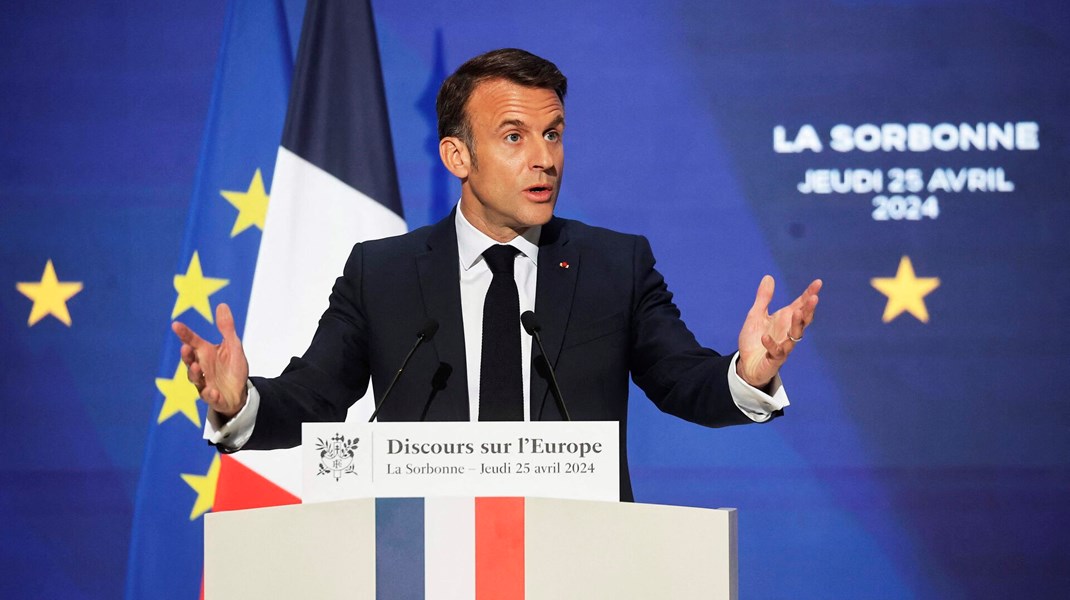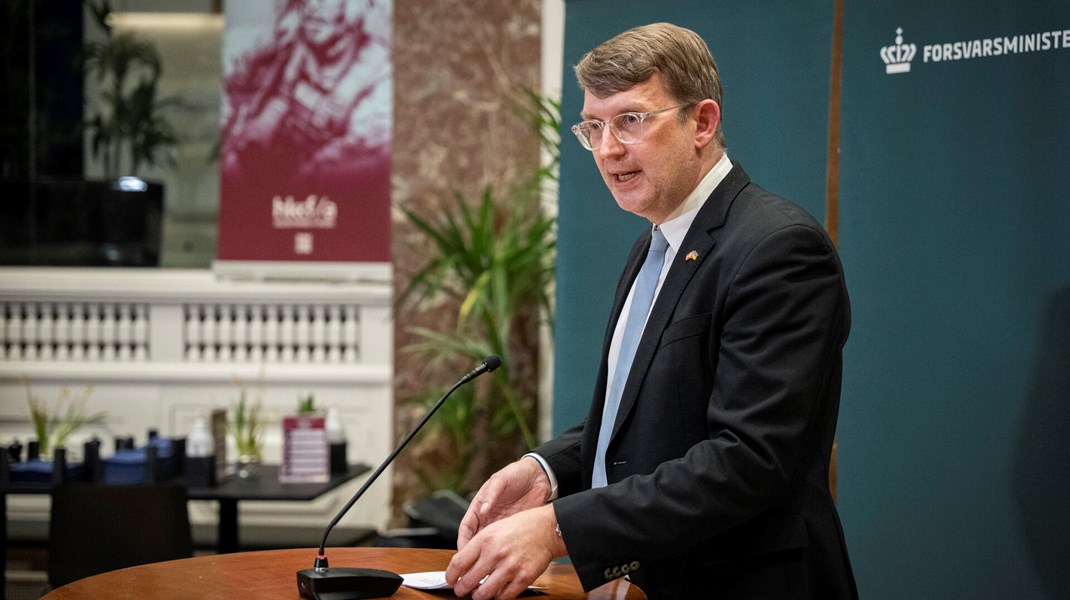Mass global action needed to protect children against polio in Syria, Iraq and region
Mass global action needed to protect children against polio in Syria, Iraq and region
38 confirmed polio cases with 765,000 Syrian children in hard-to-reach areas
Amman/ Cairo, 22 July 2014 – In a report released today, WHO and UNICEF announced completion of the first phase of the biggest polio vaccination campaign ever undertaken in the history of the Middle East. Twenty-five million children under the age of five were reached in seven countries in 37 rounds.
“Despite immense challenges and the desperate conditions around the region, children were vaccinated from three to six times. This gives a glimpse of hope and is largely thanks to thousands of unsung heroes: committed health workers and volunteers who undertook such a formidable task all over the region and inside Syria braving dangers to provide the polio vaccination to children” said Maria Calivis, UNICEF’s Regional Director for the Middle East and North Africa.
The report attributes the return of polio to Syria after 14 years to the following factors:
Disruption of routine immunization, severe damage to Syria’s health infrastructure, continuous population displacement within Syria and across its borders and missing out on children.
According to the report polio vaccination coverage has dramatically declined in Syria from an average of 99% to 52%. At least 60% of Syria’s hospitals have been destroyed or damaged and less than a third of public ambulances still function. Supply of vaccination, service vehicles and cold chain equipment have been damaged, put permanently out of service or lost.
“Polio has forced its way back to Syria, adding to what was already a humanitarian disaster. We got to a point where we had to work with very limited resources to defeat what had been a long forgotten enemy in this region: one that does not know borders or checkpoints and can travel fast, infecting children not just in war torn Syria but across the region” said Chris Maher, WHO Manager for Polio Eradication and Emergency Support.
More than 6.5 million Syrian children are now in need of life-saving humanitarian assistance. Inside Syria, 765,000 children under the age of five live in hard-to-reach areas where conflict and restriction makes it extremely difficult to reach them with humanitarian assistance including regular access to vaccines.
The report says that a number of critical actions must be undertaken to end the polio spread in the region:
Grant immediate and unhindered access to hard-to-reach children under the age of five inside Syria.-
Guarantee the safe passage of health workers and protect medical vehicles and other cold chain equipment inside Syria.
Raise awareness on polio and the need to vaccinate all children under the age of five around the region multiple times.
Secure funding to undertake repeated vaccination rounds by the end of 2014.
“Our job is far from over. In the coming months, we have to reach more and more children especially those who have not been reached because of the insecurity and violence” concluded Calivis.
NOTE TO EDITORS
Thirty-six children have been paralyzed by polio in Syria. Twenty five of these children are in the contested governorate of Deir Ez Zour, five are in Aleppo, three in Idlib, two in Al-Hassakeh and one in Hama. Prior to this outbreak, no polio cases had been recorded in Syria since 1999. The risk of spread to countries in the region and beyond is still considered high. Further polio immunization campaigns will be repeated across the region. In Syria, there will be two national mass polio campaigns in October and November 2014 and a sub-national mass polio campaign in August 2014.
On 30 March 2014, the Iraqi Ministry of Health declared a polio outbreak when one case of polio was detected in a child in the Al-Rusafa area in the capital Baghdad. A second polio case with paralysis onset on 7 April 2014 was also detected in Baghdad.
Genetically-related polioviruses originating in Pakistan have also been detected in sewage samples – in Egypt in December 2012, and in Israel, the West Bank and the Gaza Strip in 2013-- the most recent positive sewage sample was collected in Israel on 30 March 2014
#
For further information, please contact:
Juliette Touma, UNICEF Regional Office for the Middle East and North Africa in Amman, [email protected], +962-79-867-4628
Bahaa Elkoussy, WHO Eastern Mediterranean Regional Office in Cairo, [email protected], +20-100-601-93-16


